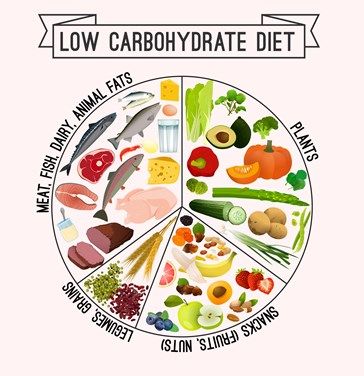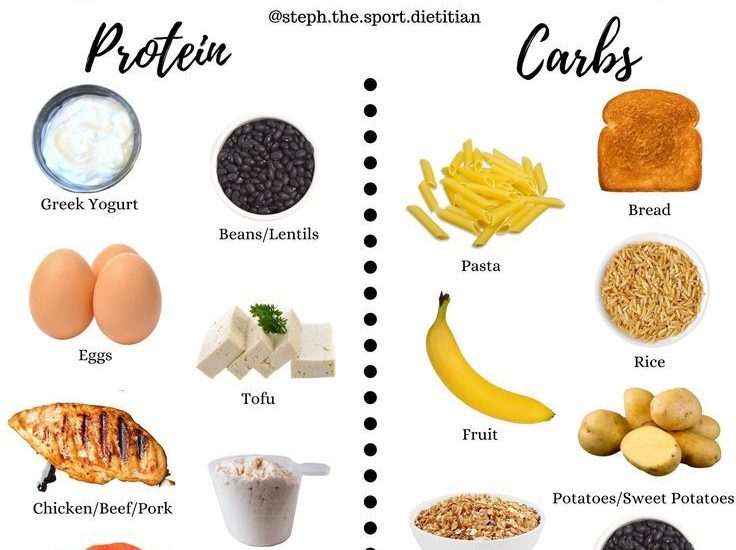Low-Carb Diets: What You Need to Know
Low-carb diets have gained popularity in recent years as an effective way to lose weight and improve overall health. By restricting the intake of carbohydrates, such as bread, pasta, and sugary foods, these diets promote the consumption of protein, healthy fats, and vegetables. In this article, we will explore the benefits of low-carb diets, how they work, and what you need to know before starting one.
How Low-Carb Diets Work
Low-carb diets work by reducing the body’s reliance on carbohydrates for energy and instead, forcing it to burn stored fat for fuel. When you consume fewer carbs, your body enters a state called ketosis, where it produces ketones from fat breakdown. This metabolic state can lead to weight loss and other health benefits.
Benefits of Low-Carb Diets
Weight Loss: Low-carb diets have been shown to be effective for weight loss, especially in the short term.
Blood Sugar Control: By reducing carbohydrates, low-carb diets can help stabilize blood sugar levels and improve insulin sensitivity.
Reduced Risk of Chronic Diseases: Studies have suggested that low-carb diets may reduce the risk of heart disease, diabetes, and certain types of cancer.
Increased Energy: Some people report feeling more energetic and focused on a low-carb diet, as they avoid the energy crashes associated with high-carb meals.
What to Eat on a Low-Carb Diet
When following a low-carb diet, focus on consuming protein-rich foods such as meat, fish, eggs, and tofu. Healthy fats like avocados, nuts, and olive oil are also encouraged. Vegetables that are low in carbs, such as leafy greens, broccoli, and cauliflower, should make up a significant portion of your meals. Be sure to limit your intake of sugary foods, grains, and processed snacks.
Potential Risks of Low-Carb Diets
While low-carb diets can be effective for weight loss and improving certain health markers, they may not be suitable for everyone. Some potential risks include nutrient deficiencies, constipation, and an increased risk of heart disease if the diet is high in saturated fats. It’s important to consult with a healthcare provider before starting a low-carb diet, especially if you have any underlying health conditions.
Getting Started
If you’re interested in trying a low-carb diet, start by gradually reducing your intake of carbohydrates while increasing your intake of protein, healthy fats, and vegetables. Keep track of your food intake and monitor how your body responds to the changes. It may take some time for your body to adjust to a low-carb diet, so be patient with yourself.
Conclusion
Low-carb diets can be a powerful tool for weight loss and improving overall health when done correctly. By focusing on nutrient-dense foods and monitoring your progress, you can reap the benefits of this dietary approach. Remember to consult with a healthcare provider before making any significant changes to your diet, and listen to your body’s signals along the way.


